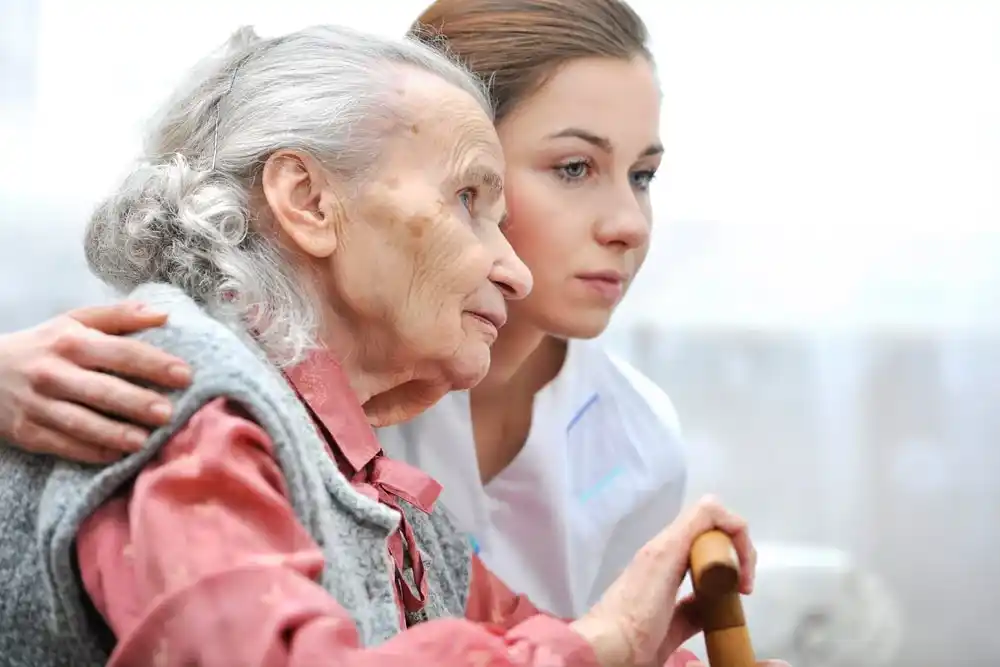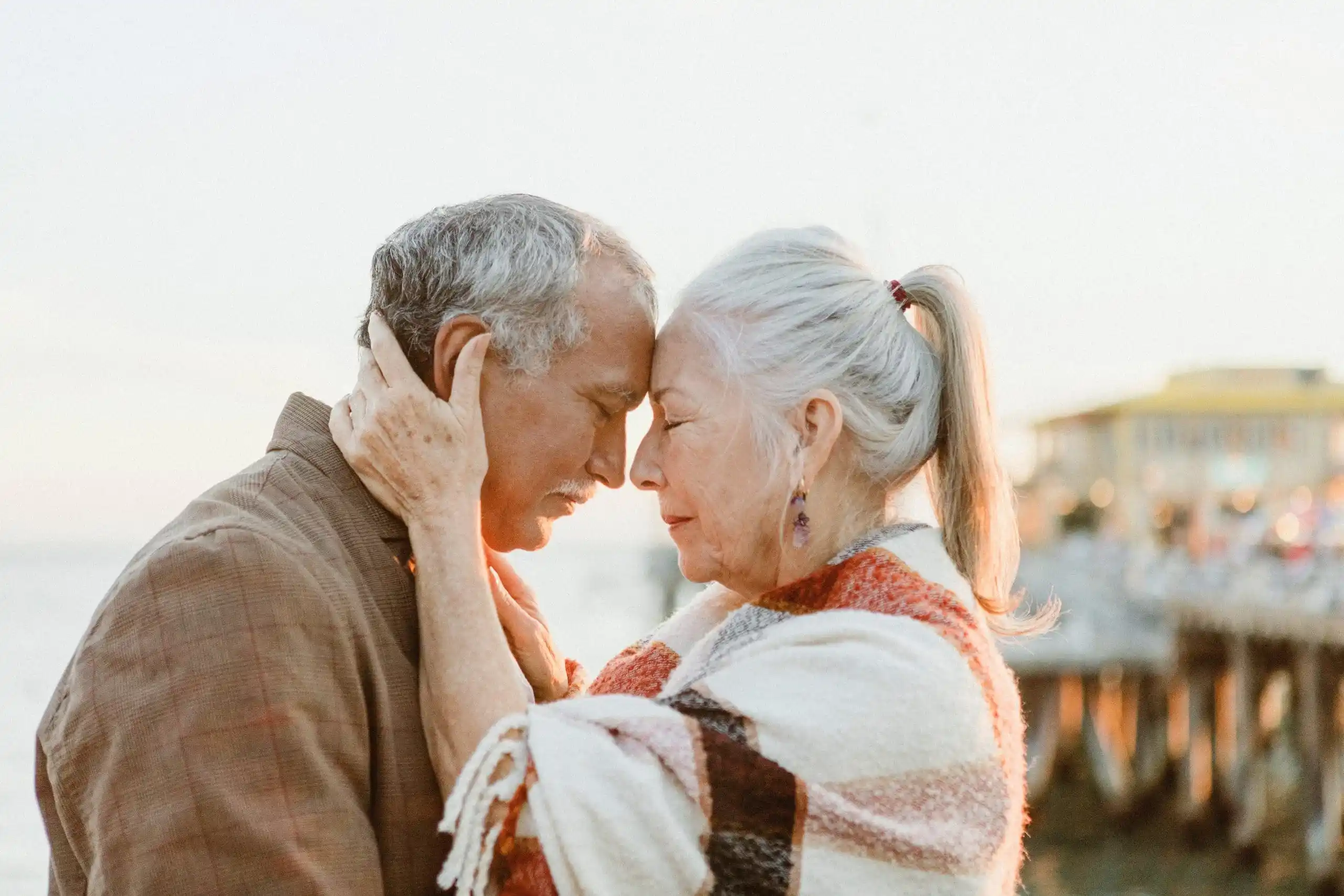Although we can grieve for many reasons, one of the hardest types of grief to cope with is the grief we suffer after the death of a loved one. At Suncrest Home Health and Hospice of Fremont, our team deals with death every day, working hard to make the process as comfortable for patients as we possibly can.
While the ways of coping with grief are as different as the people having the feelings, we have learned that many people can benefit from the wisdom we have gained during our years of delivering hospice services.
 Remember to Take Care of Yourself
Remember to Take Care of Yourself
When a loved one dies, we often feel empty and hopeless. Whether the loved one is a spouse, parent, brother or sister, child or another relative or friend, we can feel lost without them. We may wonder how we will continue our lives in their absence.
The team at Suncrest of Fremont knows that over time, we adapt to new circumstances. The way we adapt and the amount of time we take can vary, but we adapt.
Our minds need time to process what has happened. During this time, we urge you to find the strength to perform basic self-care tasks: eating, bathing, sleeping. We know these will be difficult, and it’s one reason well-meaning friends and relatives bring you gifts of food after the death of a loved one, knowing that you may find it difficult to motivate yourself to cook a meal.
Keeping your body healthy frees up your mind to process the grief — a necessary step in living your life.
Don’t Overdo It
If you have always enjoyed running, if you routinely work 50 hours a week or you are an active member of many clubs, these activities can help soothe you after the death of a loved one. They can bring a sense of familiarity and they keep your mind occupied so that you do not dwell on grief or sadness.
However, we urge you to be mindful of potentially harmful changes in your behavior, such as doubling workouts or greatly increasing the time you spend at work or away from home. It’s a fairly common coping mechanism — throwing yourself into an activity to try to exorcise painful feelings — but it can have a detrimental effect on your health. And it does not relieve you of your grief; it merely postpones it.
Seek Out Assistance
Grief is hard. In fact, in can feel debilitating. You don’t have to deal with it alone. Lean on friends and family members who offer help. Even neighbors and acquaintances can be useful, doing errands for you or dropping off meals.
Talk about your grief as often as you are comfortable with. It’s part of the process. If you’re having trouble finding the support you need, or if your grief has not abated after a period of time and you are having trouble caring for yourself, don’t hesitate to seek professional help. The hospice nurses and social workers at Suncrest Home Health and Hospice can help you find a counselor in the Fremont area.
Hospice Care in Fremont
There’s no right or wrong way to grieve. But there are ways to make the process bearable. For more advice about grief after the death of a loved one or to learn more about hospice care in Fremont, contact Suncrest Home Health and Hospice today.


